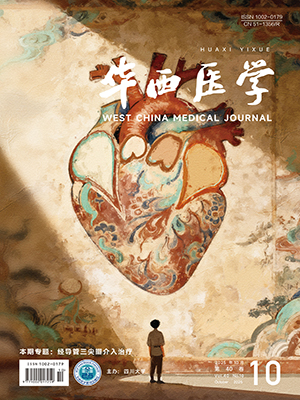Artificial intelligence (AI) is reshaping evidence-based clinical decision-making. From the perspective of clinical decision-making, this paper explores the collaborative value of AI in life-cycle health management. While AI can enhance early disease screening efficiency (e.g., medical image analysis) and assist clinical decision-making through personalized health recommendations, its reliance on non-specialized data necessitates the development of dedicated AI systems grounded in high-quality, specialty-specific evidence. AI should serve as an auxiliary tool to evidence-based clinical decision-making, with physicians’ comprehensive judgment and humanistic care remaining central to medical decision-making. Clinicians must improve the reliability of decision making through refining prompt design and cross-validating AI outputs, while actively participate in AI tool optimization and ethical standard development. Future efforts should focus on creating specialty-specific AI tools based on high-quality evidence, establishing dynamic guideline update systems, and formulating medical ethical standards to position AI as a collaborative partner for physicians in implementing life-cycle health management.
Citation: LIU Ming, SONG Xindi, WANG Yanan. Artificial intelligence applications in evidence-based clinical decision-making. West China Medical Journal, 2025, 40(5): 685-688. doi: 10.7507/1002-0179.202505100 Copy
Copyright © the editorial department of West China Medical Journal of West China Medical Publisher. All rights reserved
-
Previous Article
Inflammation and cerebral small vessel disease -
Next Article
Research progress on immune-related vestibular dysfunction




